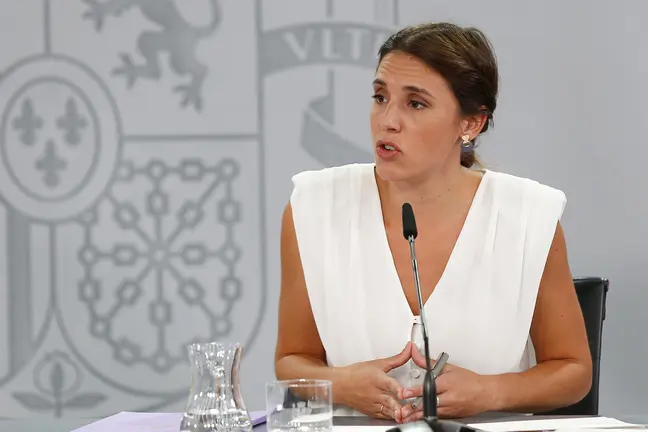The world is facing its worst peacetime recession in a century due to the coronavirus, the Organisation for Economic and Social Development (OECD) warned on Wednesday.
That applies even if the virus continues to recede. But the economic outcome will be much worse if a second wave of rapid contagion arises later in the year, the intergovernmental think tank warned.
The OECD is taking the unusual step of publishing a double set of predictions in the latest edition of its twice-yearly Economic Outlook – a best-case scenario for a worldwide single wave of Covid-19, and a worst-case scenario of a widespread second wave.
In the single-hit scenario, world gross domestic product (GDP) is forecast to decline by 6% this year, but will rise by 5.2% next year to return to 98.9% of its 2019 level.
In the two-wave scenario, global GDP is projected to decline by 7.6% this year, recovering by only 2.8% next year to reach 95% of its 2019 level.
Even in the more favourable scenario, “in many advanced economies, the equivalent of five years or more of per capita real income growth could be lost by 2021,” the OECD warned.
In the single-hit scenario the eurozone economy is forecast to contract by 9.1% this year and regain 6.5% year on year in 2021 - still leaving it below its 2019 level.
The US economy should contract by 7.3% this year, regaining 4.1% year-on-year in 2021.
China, meanwhile, is forecast to lose only 2.6% of GDP this year, regaining ground strongly with 6.8% growth next year.
Second-wave scenario
But, in the second-wave scenario, the eurozone is forecast to slump by 11.5% this year, and grow only 3.5% in 2021.
The US economy, in this scenario, shrinks 8.5% in 2020 and regains just 1.9% next year.
China declines by 3.7% in 2020 and grows by 4.5% in 2021.
“Ultra-accommodative monetary policies and higher public debt are necessary and will be accepted as long as economic activity and inflation are depressed, and unemployment is high,” OECD chief economist Laurence Boone argued.
“However, debt-financed spending should be well-targeted to support the most vulnerable and the investment necessary for a transition to a more robust economy,” she added.
"The international community should ensure that, when a vaccine or treatment is available, it can be distributed rapidly worldwide," Boone urged. "Otherwise the threat will stay."
Unemployment rising
Boone said that both unemployment and government debt had risen more sharply than during the world financial crisis of 2009.
"As there is no free money, spending should be well targeted for health, for the most needy people, and for the highest quality investments," she said. "Vulnerable and young people are most at risk from this dramatic situation."
Low-paid workers with lower qualifications had suffered the most from rising unemployment, and young people were hard hit because they were likely to work in the worst-affected sectors such as hospitality, tourism and entertainment, she said.
Trade too had dropped sharply, and needed to be revived, OECD Secretary General Angel Gurria said.
Reducing trade tensions between the US and China should be a priority, he added.
Any solution "has of course to include China as an active player," he insisted.











